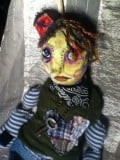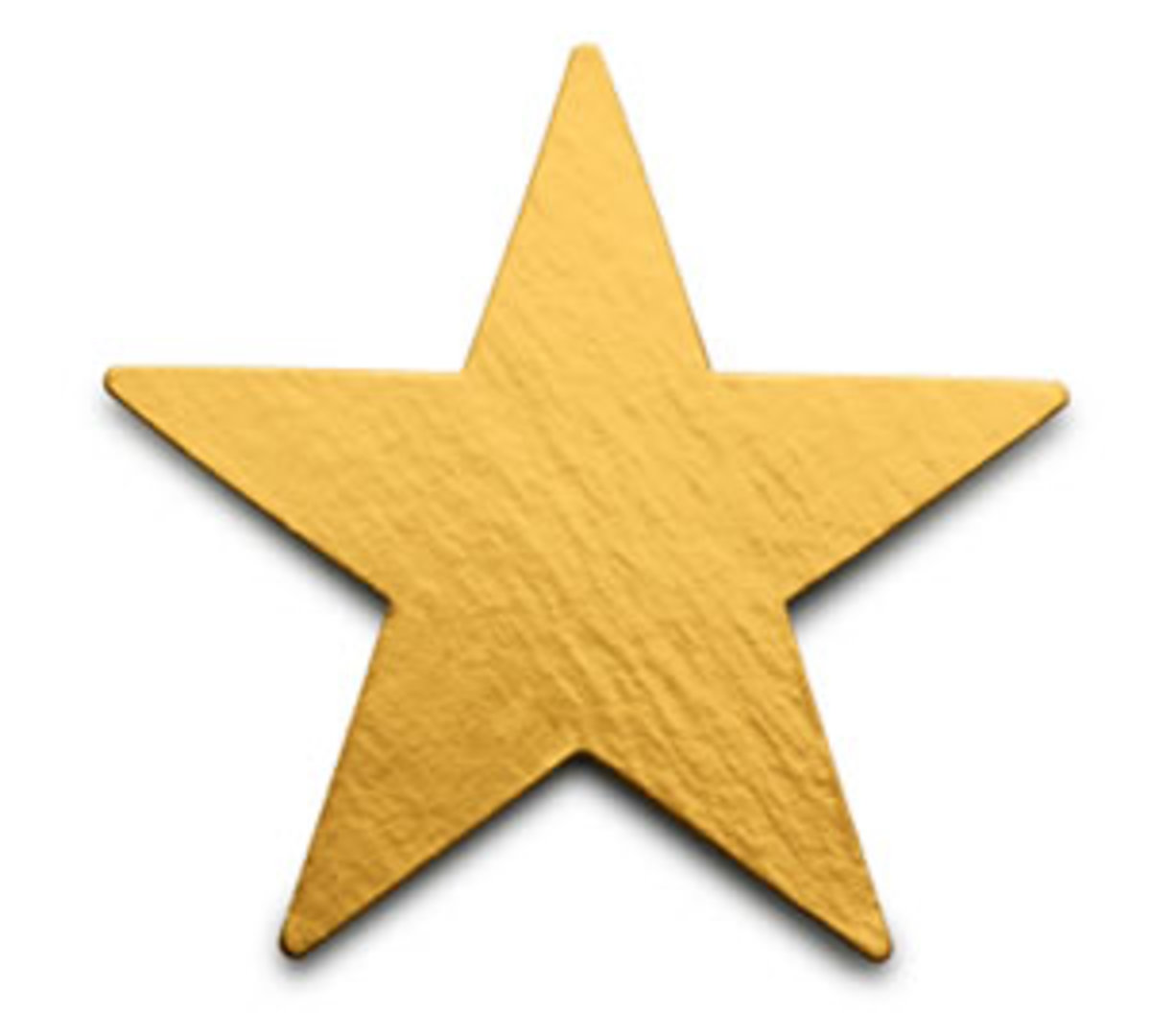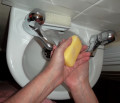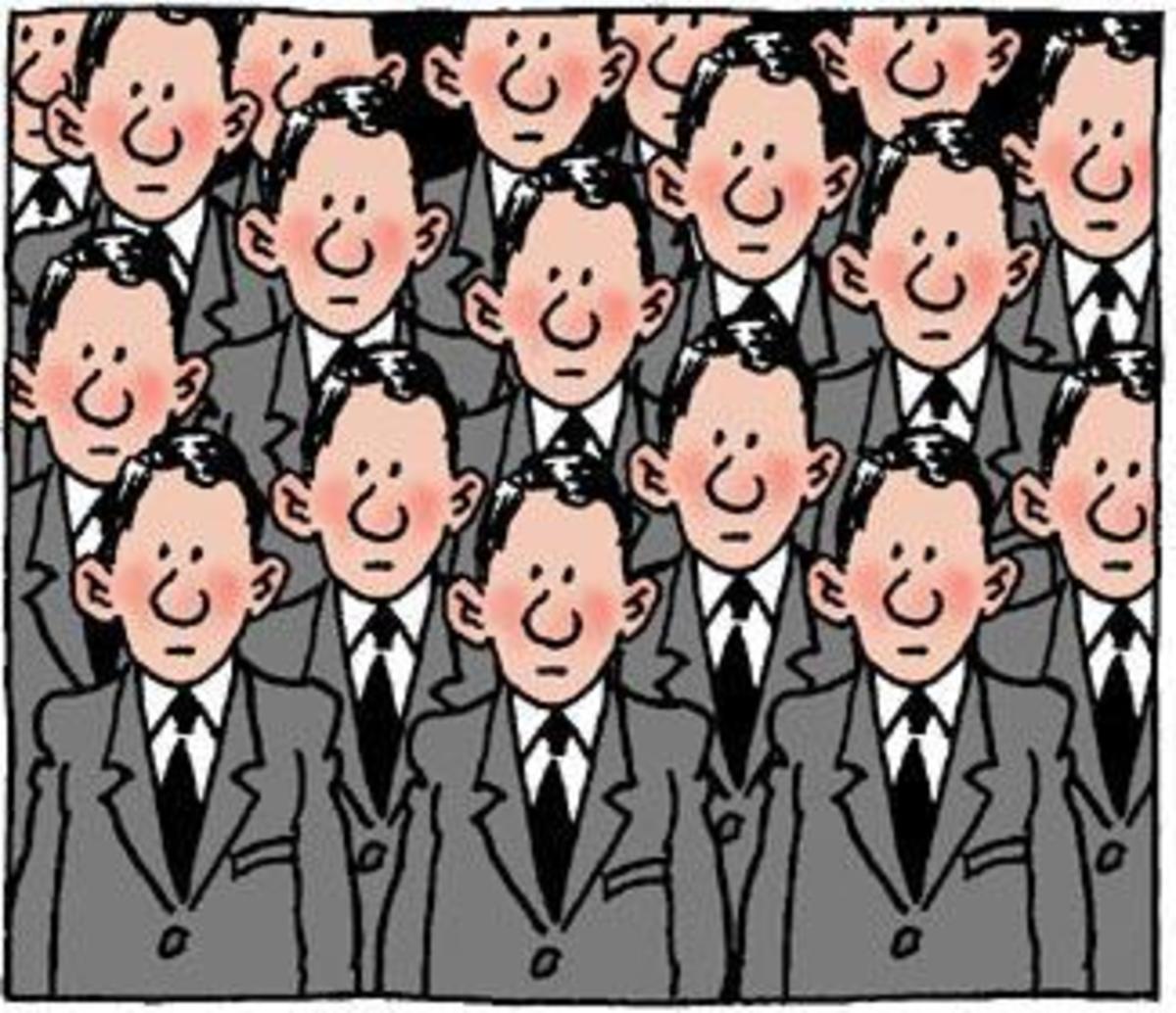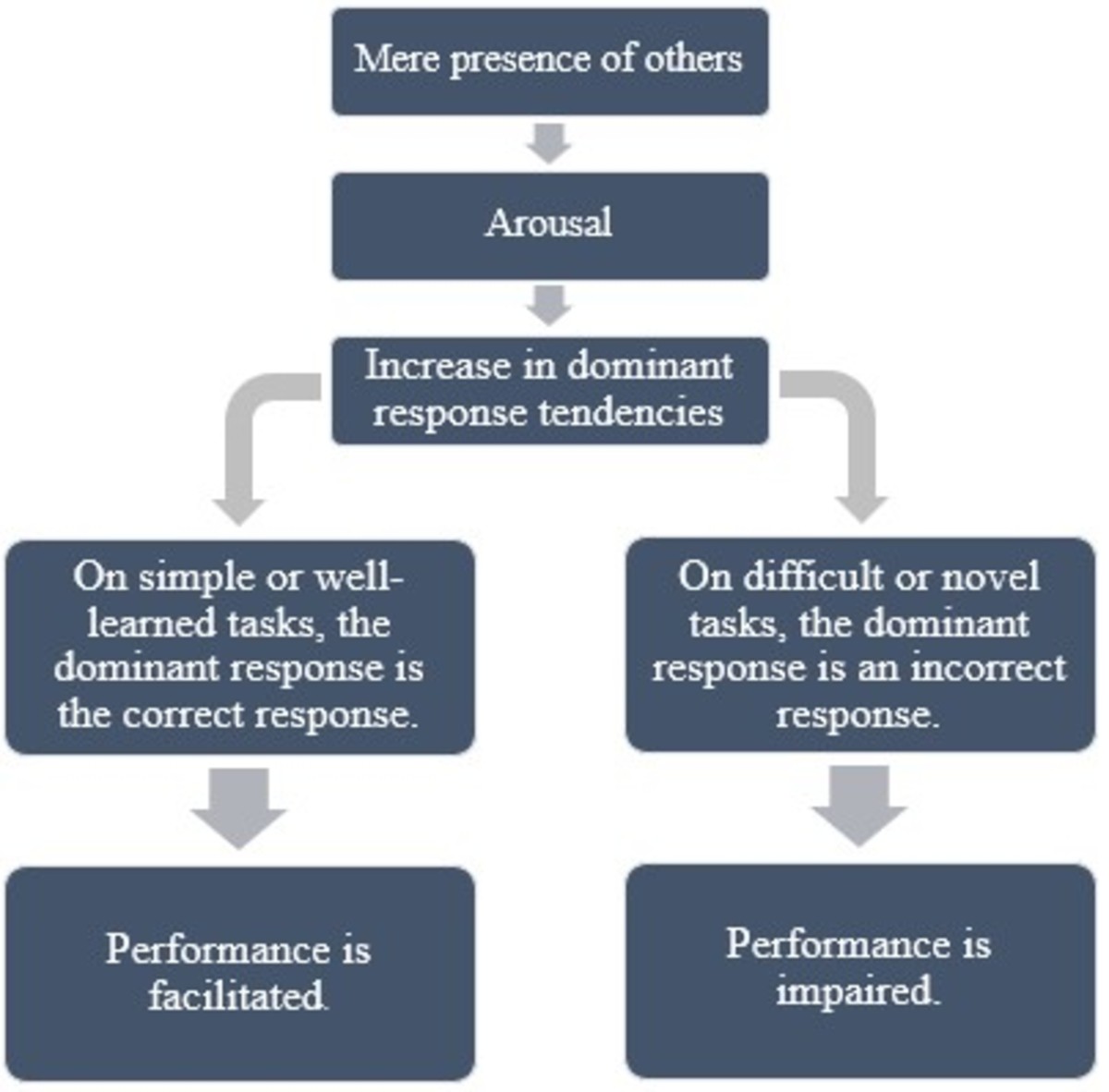OCPD
Obsessive Compulsive Personality Disorder
In a previous article I took you inside the mind of an OCD sufferer. I brought it forward that there can be many complications and or obsessions of an OCD sufferer. What I failed to discuss was the difference between OCD and OCPD. Obsessive Compulsive Disorder simply put are intrusive thoughts that produce anxiety. These “obsessions” that produce anxiety are often put to rest by repetitive actions to reduce the anxiety, I.E washing your hands for hours, or locking and relocking a door seven to ten times. Things like that are common in OCD sufferers. I believed that I had OCD due to people telling me I was OCD. Well I researched it and discovered that I, in fact, do not suffer from OCD. I have a slightly more common ailment referred to as OCPD, or Obsessive Compulsive Personality Disorder. And yes I did obsess about this until I felt I was correct.
Control issues

Obsessive compulsive personality disorder is a personality disorder that demands adherence to rules, order, and perfection. Do you require things in your home to be in a certain place? Do you become anxious or upset when those items are not in their prescribed place? Do you have to have dinner at a certain time every day? What about your closet or dresser, is it organized perfectly? Do you have a strict set of rules for your household, rules that are required to be met by all persons in the house? Do you get anxious or upset when those rules are broken or forgotten? Are you hard on yourself when you perform less than perfectly?
If you answered yes to any of the above questions, then you may have OCPD. Though, don’t freak out yet, it may just be a mild version of it. I know for a fact that I do have many of the traits of an obsessive compulsive. These traits I believe are learned and yet natural in their dominance. In your working life you learn how to be proficient, whether by a desire to achieve a promotion at work or through fear of reprimand and subsequent firing. Nobody wants to be fired from a job, and nobody wants to work all their lives at the same position. This is why OCPD is such a common psychological problem. Most times though people are not able to leave their OCPD at work and end up bringing it home with them. OCPD is a great tool at work; it will help you achieve the rank or position you want so you can continue to provide for your family. However, when you bring it home to your family it becomes an automatic hindrance.
Obsessive compulsive personality disorder was first discovered by Sigmund Freud in 1908. He first called it anankastic personality disorder, which means anal retentive. The anal retentive character directly reflects upon the person’s character in terms of orderliness, frugality, and obstinacy. Below is a table of the different categories of personality disorders, just for your knowledge.
Three Categories of Personality Disorders
A (Odd)
| B (Dramatic)
| C (Anxious)
|
|---|---|---|
Paranoid
| Antisocial
| Avoidant
|
Schizoid
| Borderline Histrionic
| Dependent
|
Schizotypal
| Narcissistic
| Obsessive-Compulsive
|
Grammar Nazi

In the 1990’s, early on, a lot of new research emerged as far as OCPD and the characteristics associated with it. The research showed that OCPD has a tendency to run in families and can even appear in children. If you notice your child having symptoms of OCPD by the constant obsession with neatness and orderliness, there is help but don’t call in the psychologists yet this is only one of the symptoms.
More Info from Dr. Rhoda Hahn
The Symptoms
There are primary symptoms and non-negotiable symptoms. The primary symptoms are:
- A preoccupation with details, rules, lists, order, organization, and schedules.
- Rigidity and inflexibility with their beliefs.
- A showing of perfectionism that interferes with task completion.
- An unhealthy focus on productivity with their time
- Being conscientious
- Inflexible with their morals, ethics, and values
- Hoarding items of zero value
- Reluctance to trust assignments to co-workers for fear their standards won’t be met.
The non-negotiable symptom is rigidity.
You may think that being obsessive compulsive would be beneficial to a clean and orderly home. Well, you’d be half right. OCPD sufferers usually have a strong need for cleanliness but not all of them. Most have a natural gift in setting up systems to help accomplish that task. One thing I notice about myself is, though I need a clean and organized home, I often get sidetracked with other more important thing. Though, my house is not a pigsty it is not always as clean as I like it to be. The reason for this is because I get going on other more important things and that portion tends to fall by the way side. However, whenever that task is complete the house gets a thorough cleaning.
Task completion is very difficult when the guidelines are vague. It will usually always require me to take excessive time in making sure the project comes out right. Another trait of an obsessive compulsive is an insistence on always being in charge because of the belief that they are the only ones that know what is right. This action can put a serious and deadly strain on social and personal relationships. The potential for things to go wrong in an OCPD sufferer’s life is cause for them to hoard money, “just in case.” This will come off to other people as a stinginess or selfishness. The intent is to downgrade the amount spent on daily living.
Whenever someone with OCPD is working in a group and the people involved are not doing what they want, it can often become anger and sometimes violence. An OCPD sufferer may and usually will have a natural pessimistic outlook on life, and they sometimes have a mild form of depression. With this in mind OCPD people have a higher risk of suicide than other psychological disorder sufferers. If you or someone you know has the symptoms of OCPD, seek help with a psychiatrist.
In conclusion
In conclusion, I hope this article has assisted you in defining whether or not you or someone you love suffers from OCD or OCPD. The person suffering from OCPD may deny they have it but it is always best to seek psychiatric help in further diagnosis. Disclaimer: I am not a health care, or mental health care provider and I do not have the degrees necessary to diagnose anyone with OCD or OCPD. If you believe you or someone you love suffers from OCD or OCPD seek professional medical assistance.
Thank you for reading
© 2010 by Wesley Cox. All rights reserved. Copying without permission is illegal and will be prosecuted.



